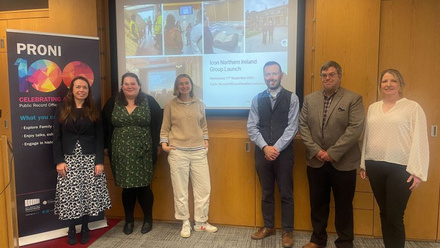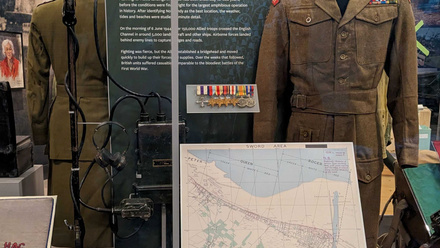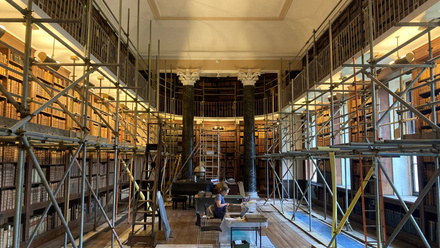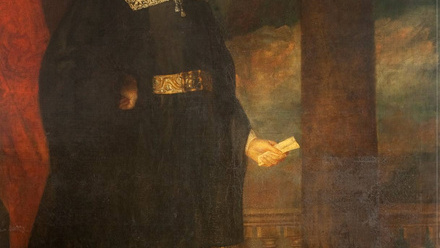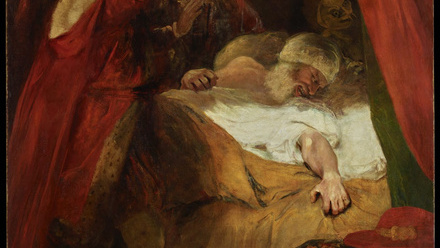In July 2019, I had the good fortune to visit the John Ryland’s Library in Manchester, UK where I surveyed twenty-five Islamic slipcases. I was fortunate enough to be accompanied on this trip by my research assistant Maria Borg who is currently studying for her MA in Conservation studies, specialising in Books and Library Materials at West Dean College, UK This trip was made possible thanks to the funding I received by the Icon Book and Paper Group’s Frederick Bearman Research Grant. This study is timely as, artifacts are increasingly seen by conservators and curators to reflect symbolic aspects of a culture that made and used them. The outcome is a searchable source of data to inform preservation strategy.
At the John Rylands Library, common materials and techniques were identified, along with commonalities of provenance, and condition issues and preservation strategy. Speculation was also made as to whether the slipcase is contemporary (overlap of materials) with the manuscript. The obvious difficulties in attempting to cover the enormous quantity and range of information were overcome by dividing the survey into different sections to describe each selected slipcase. This was followed by a series of subject headings within each section to describe each technical feature and material used. As an example, several distinct parts of the slipcase are considered informative, including the boards, covering material, leather siding, insert flap, top-edge flap, and system of strap. In addition to that, a drop-down list was used to subdivide the headings dealing with the physical features to allow for detailed, quick and consistent data entry. (Could an example of what an actual section of the survey paper looked like? It would help with this description but is not necessary).
Interestingly, various decorated papers covered a significant number of slipcases in the John Rylands collection. Although the evidence is tentative, the treatment and finishing of the slipcase is of interest due to factors such as material cost and material strength. Another idea that came to mind during the John Rylands Library study was that the decorative quality of the materials used may indicate the manuscript status within the slipcase. Some of the manuscripts in the collection were difficult to remove because the leather on the sides of the slipcase had dried out, stiffening over time. As a result, we were unable to obtain all the information needed for this study due to the condition of these slipcases. The data we gathered, however, was of great interest.
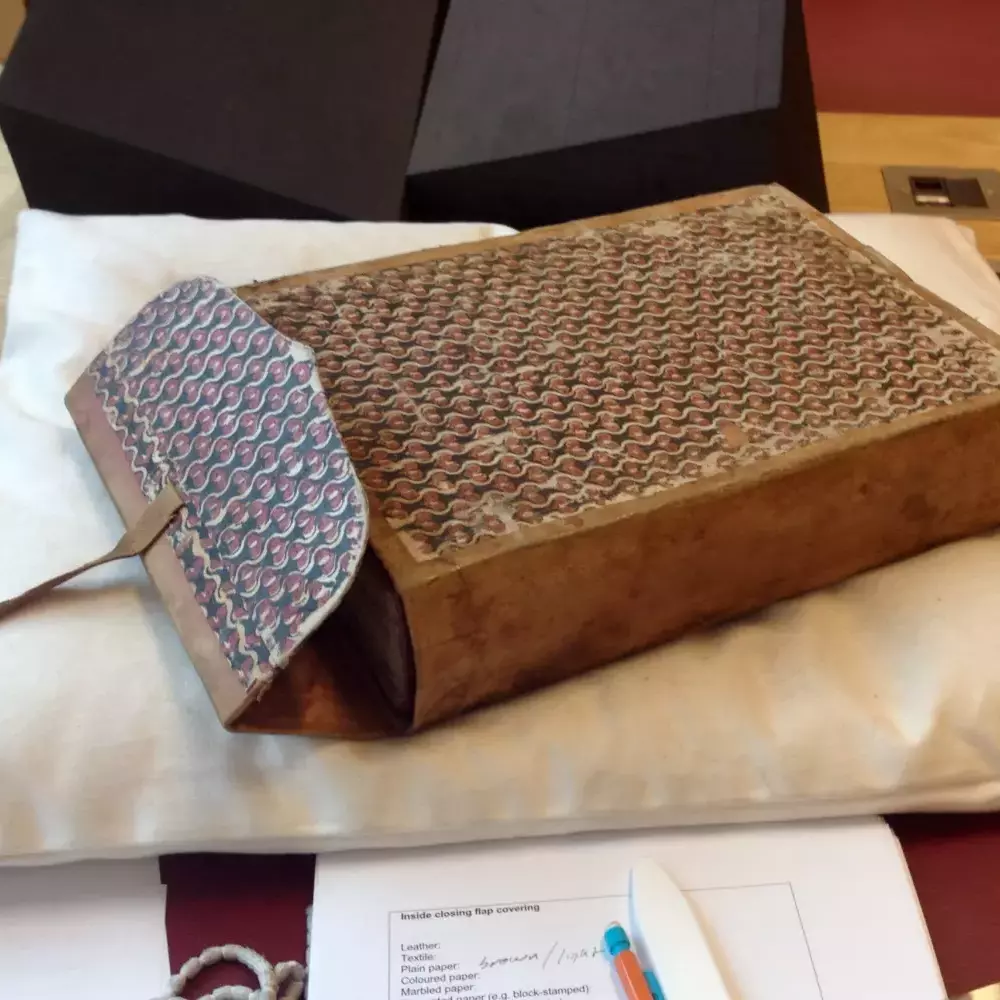
Assessing this large body of material is obviously not trivial and requires substantial research skills because the existing hand lists and catalogues for Islamic manuscripts in oriental collections would not be of much assistance in identifying manuscripts with slipcases: most of them contain cursory entries that are unconcerned with the materiality of the objects and, when they do touch on the topic, bindings and enclosures are often not mentioned. Therefore, we would like to thank all the John Rylands Library staff and also Elizabeth Gow, Special Collections Manuscript Curator and Archivist of the John Rylands Library for their help and support during our visit.
In August 2019 we will be travelling to the Gazi Husrav-beg Library in Sarajevo to survey approximately fifty Islamic slipcases. Founded in 1537, The Gazi Husrez-beg Library holds more than 10, 500 volumes in Arabic, Turkish, Bosnian, and Persian. The library is part of a larger complex within the mosque. The Gazi Husrev-beg Mosque is considered the most important Islamic structure in the country and is one of the finest examples of Ottoman architecture in the world.
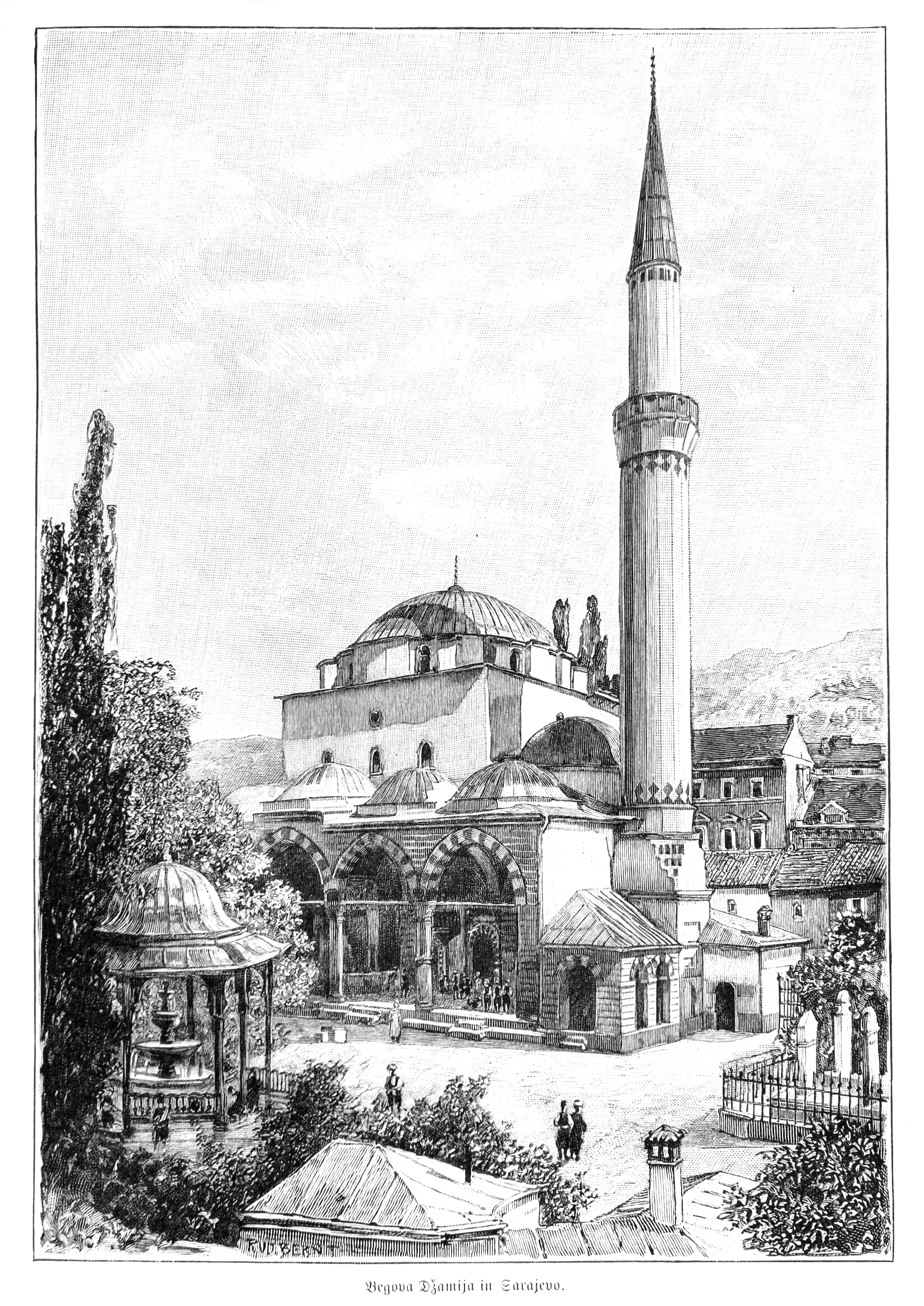
Also in August, we will be visiting Berlin State Library to survey approximately sixty Islamic slipcases, Cambridge University Library to survey one Islamic slipcase, and finally the Wellcome Collection in London to survey ten Islamic slipcases. As a result, this research will bring together a corpus of material from libraries around Europe. The results of our survey will be shared in the Frederick Bearman Memorial Lecture in December 2019.
Regular readers of the Icon Book and Paper Group may be pleased to know that they can now follow us on our journey via Twitter @davidplummer_


